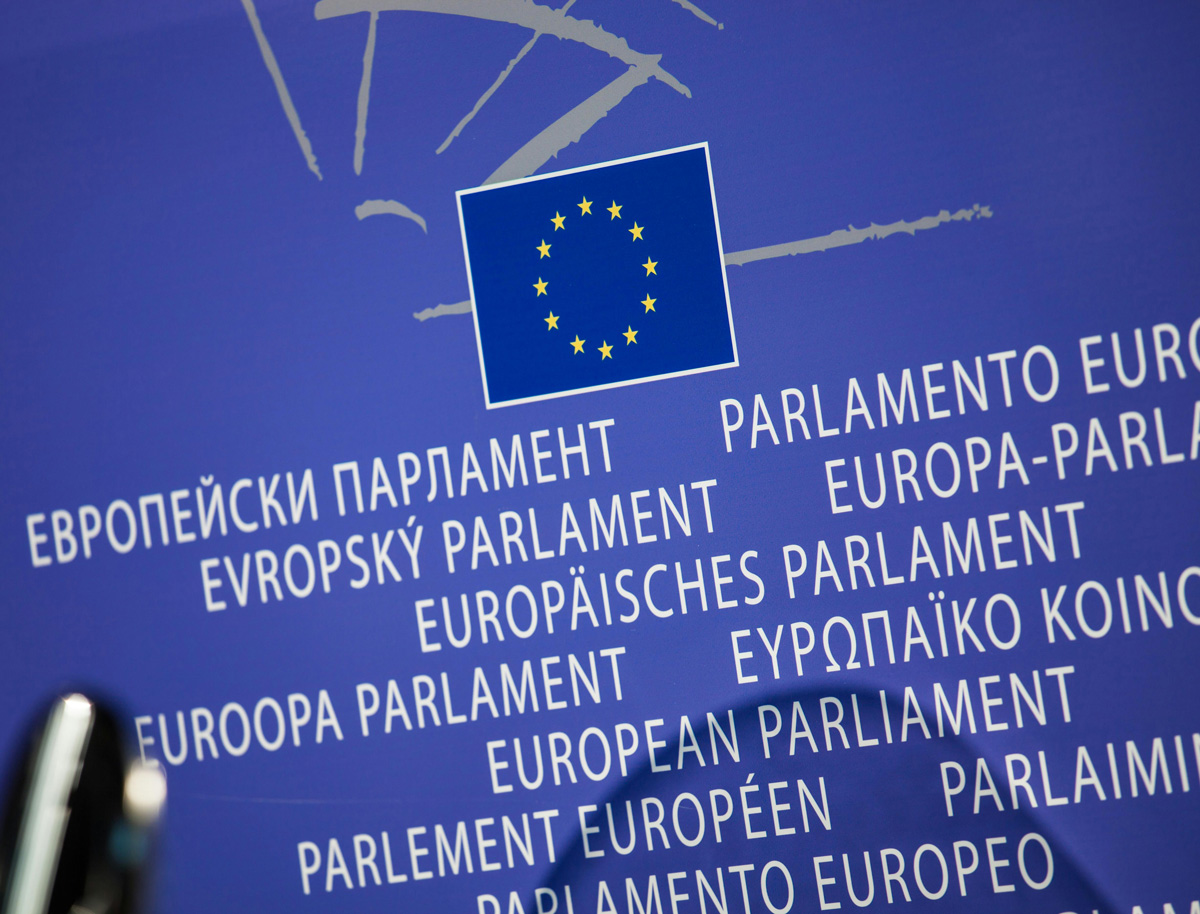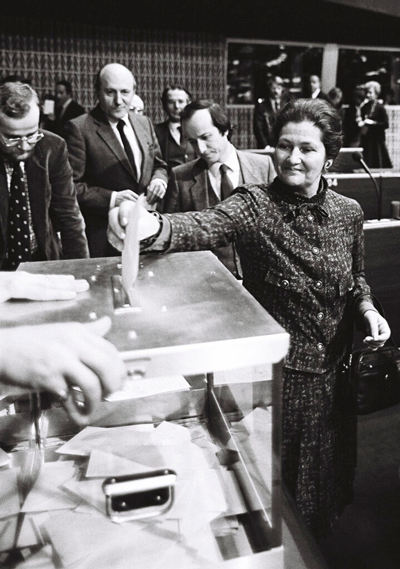The European Parliament: A Unique Continental Elected Legislature
March 27, 2024

March 27, 2024

The European Parliament is a stand-alone, complex institution, aimed at proportionally representing the entire population of the European Union. Citizens of all member states vote directly for their representatives to the European Parliament, despite differing political parties and ideologies, making it analogous to other parliamentary systems of proportional representation. The complexity and uniqueness of this quasi-federal, but continental parliament derive from the diversity, national realities and political ideologies of its members. It comprises 705 deputies from seven different political groupings, composed of more than 100 parties, from 27 nation-states, each with their own governments, geopolitical and economic interests, priorities, strategies and cultural diversity.
This article aims to provide a brief historical perspective on the only existing continental elected parliament, in order to portray the evolution towards its present form, some of its more important innovative recent initiatives and what its future next steps might look like.
After World War II, the idea took shape in a certain part of the post-war political class that political union was essential for preventing future conflicts. This led on 9 May 1950 to the “Schuman Plan,” the brainchild of Robert Schuman and Jean Monnet. The plan aimed for a Franco-German coal and steel production axis to control key armament industries, embodied in the 1951 Treaty of Paris, which established the European institution’s foundation institutions, namely, the High Authority (now the European Commission), the Council of Ministers (now the Council of the EU), the Court of Justice, and the Parliamentary Assembly. Initially, the Assembly, with its 78 national parliament members had limited, consultative functions and little political power and was often ignored by the Council. Members were at first organized by nationality but were soon grouped by ideology into European political groupings such as Christian Democrats, Socialists, and Liberals.
Parallel to this, during the 1960s, a consensus gradually formed among the European political elite that an elected Parliament and direct democratic legitimacy were essential conditions for the survival and advancement of integration which states desired and needed in other areas such as the internal market, common agricultural policy or a future financial and banking union.

The first European election finally took place in 1979. These elections, from then on, would be repeated every five years. A decade later, following the fall of the Berlin Wall, the reunification of Germany, and the dissolution of the USSR, a new impetus for integration led to the crucial Maastricht Treaty in 1992, a turning point for the Parliament and its role in institutional balance. The legislative procedure, based on cooperation, was replaced by a co-decision procedure, in which Parliament and the Council (of states) jointly amend and approve legislation. Additionally, the Parliament had to give its approval to the members of the Commission (the Executive) which had been previously proposed by the states. It was also in Maastricht that the concept of European Citizenship came into being for the first time.
Since the beginning of the 21st century, an increasingly visible Parliament, with active and influential members in their respective national policies, has sought to increase its role and become more decisive by demanding treaty reforms. In 2003, the idea of a “European Constitution” was conceived and came into effect in 2009, after the major enlargement of the EU in 2004 (with the entry of many former states in the Soviet sphere) and the conclusion of the Lisbon Treaties. These latter treaties finally granted the Parliament more competencies, a certain role in EU foreign representation and strategic planning, and the capacity to fully design and approve, together with the Council of Ministers, the EU budget, which is then binding on all member states.
Today, looking back at the history of this remarkable European project, diplomats and EU civil servants have called it the “Heart of Europe.” Brussels, its institutions and by extension its Parliament, grow in competence and power in response to seemingly unresolvable crises. Thus, the members of this unique European structure become aware of opportunities to expand the model in order to address crises with ingenious solutions and plans. In the case of the Parliament, its active role and legislative influence have increased exponentially since the Lisbon treaties. With the economic and debt crises of 2008–2012, and more recently the pandemic, the war in Ukraine and energy and economic implications, the Parliament finds it more efficient to legislate and make decisions among all MEPs—representing the populations of the Member States—than in each national parliament.
YOU MIGHT BE INTERESTED IN THIS
The effects of this development can be observed in recent proposals, which, as part of the Commission’s long-term, far-reaching plans, have come before Parliament. Some important recent examples include the ambitious Green Deal, comprising the ‘Fit for 55’ proposals (a 55% reduction in emissions by 2030 over 1990), foreseeing the transformative decarbonization of industry, specifically the end to the production of fossil fuel automobiles after 2035. Another initiative is the border carbon adjustment mechanism, a kind of tariff on carbon emissions. With recent protests by farmers over this ambitious environmental legislation, Parliament appears to have channeled these citizen expressions and is determined to introduce social guarantee funds and a greater degree of equitable adaptation to these regulations, thus protecting those most vulnerable in the socio-economic sector.
Also noteworthy are the remarkable recovery, resilience programs and funds—including the issuing of common debt—which have been vital for the EU’s economic regeneration after the impact of the pandemic; the law on critical minerals which aims to ensure sufficient autonomy of access to these raw materials; the Due Diligence Directive which requires corporations to self-label according to the environmental, labor and human rights impact of their activities, and holds them accountable for their global production and supply chains according to the terms and standards required within the EU. The Parliament has also been taking the lead on legislation for the regulation of AI, which will be formally adopted by Parliament during its April 2024 plenary session.
Apart from the Parliament’s role in making Europe the world’s largest contributor of humanitarian aid, it has been a reliable development partner and promoter of multilateralism. The Parliament’s foreign policy plays a determining role in designing the Global Gateway, the EU’s geopolitical alternative to China’s Belt and Road Initiative. Also noteworthy is its global investment program which provides financing for digitalization, health, critical infrastructure, renewable energy development and other areas in many EU partner countries in Africa or Latin America; and the principles of strategic autonomy and European industrial policy, shaped by Parliament, make the EU a distinctive actor, with its own strategic priorities among world powers.
The above represent only a small sample of the ambitious, prolific legislative achievements of this institution, demonstrating that the “heart of Europe” is intelligently and creatively harmonising common strategies, coordinating the efforts of member states, and promoting coherence in the pursuit of a much-improved future continent of Europe. Clearly, new horizons are opening for the European Parliament, which is gradually becoming a de facto federal or continental Parliament. Although political consensus may at times seem difficult, its heterogeneous representation has served over the years to enable internal mechanisms for reaching important compromises. At present, even with political trends that might change the composition of the chamber after this year’s elections, the Parliament seems determined to increase its weight and assume an even more central and incisive role in world affairs.
Written by Dario Arjomandi Rabbani
2020 Global Governance Forum Inc. All Rights Reserved